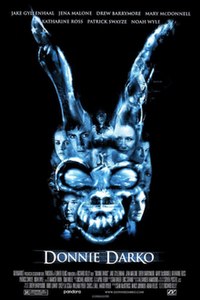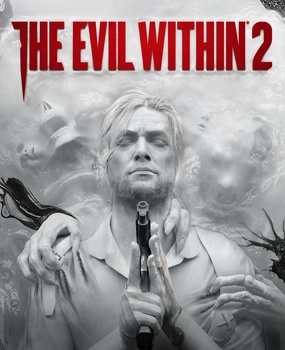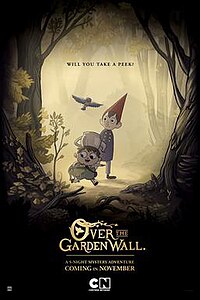Lists
















34 Books
read!
Sort by:
Recent Desc
More lists by darling


watched! films
List includes: Avatar, Donnie Darko, Zombieland
July 2021
0
@swrdshld


games! p/w
List includes: Resident Evil 7: biohazard, The Evil Within 2
January 2021
0
@swrdshld



watched!
List includes: pokémon, Hunter x Hunter, Over the Garden Wall
October 2020
0
@swrdshld

currently reading!
List includes: The Travelling Cat Chronicles
September 2020
0
@swrdshld